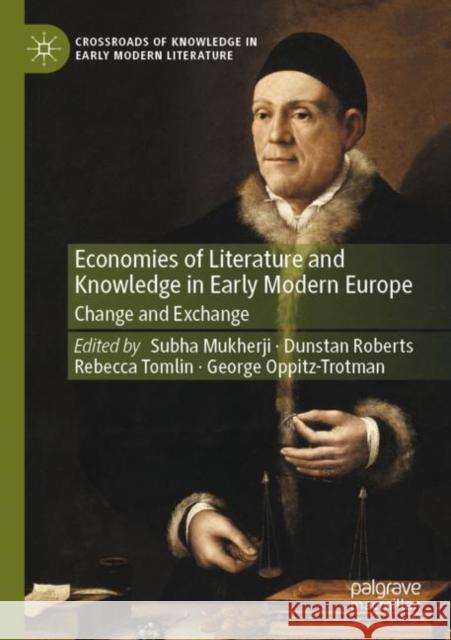Economies of Literature and Knowledge in Early Modern Europe: Change and Exchange » książka
topmenu
Economies of Literature and Knowledge in Early Modern Europe: Change and Exchange
ISBN-13: 9783030376536 / Angielski / Miękka / 2021 / 300 str.
Kategorie:
Kategorie BISAC:
Wydawca:
Springer Nature Switzerland AG
Seria wydawnicza:
Język:
Angielski
ISBN-13:
9783030376536
Rok wydania:
2021
Ilość stron:
300
Waga:
0.39 kg
Wymiary:
21.01 x 14.81 x 1.7
Oprawa:
Miękka
Wolumenów:
01
Dodatkowe informacje:
Wydanie ilustrowane











